This content is restricted to subscribers
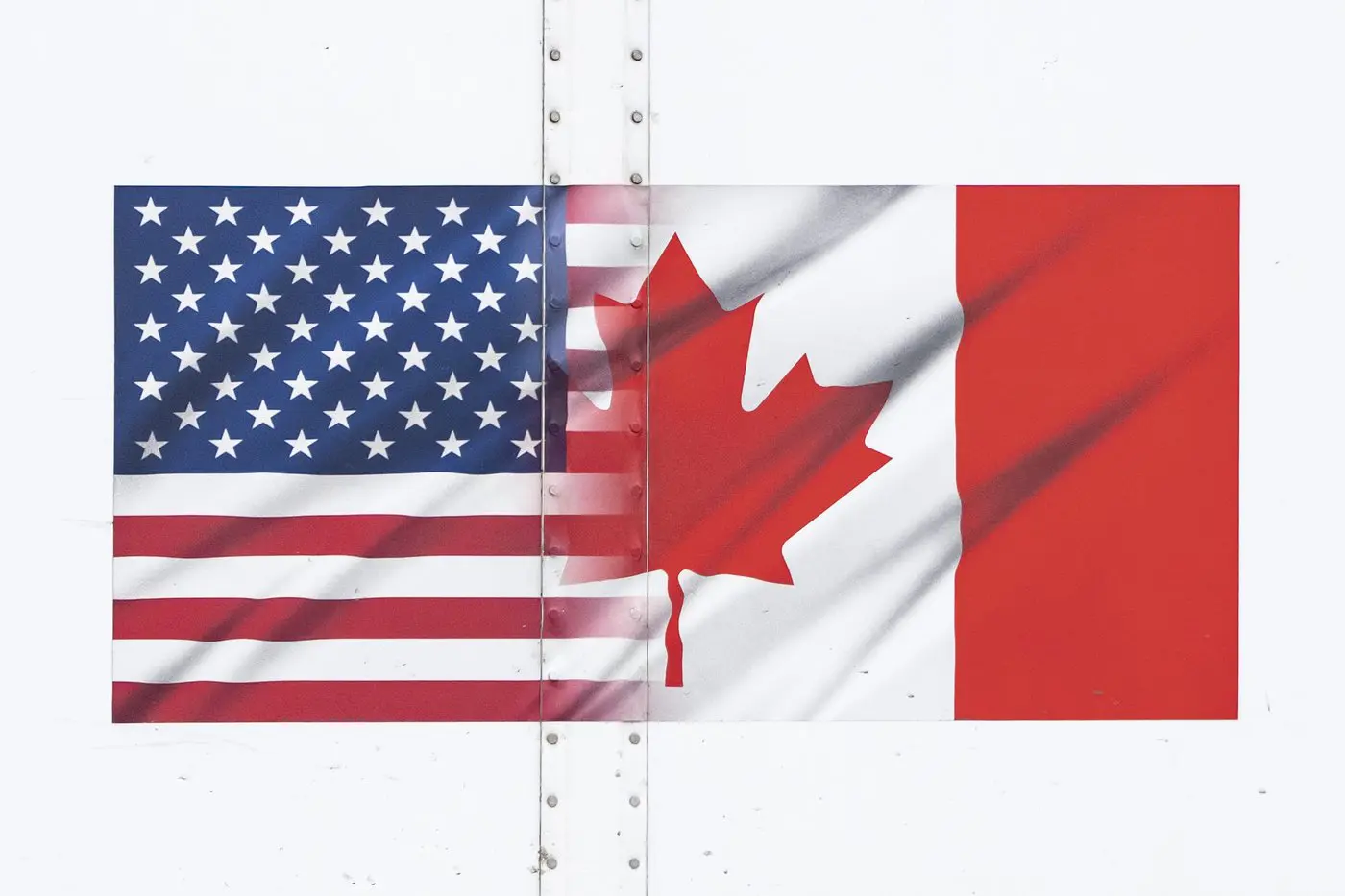
The views, opinions and positions expressed by columnists and contributors are the author’s alone. They do not inherently or expressly reflect the views, opinions and/or positions of our publication.

This content is restricted to subscribers
The views, opinions and positions expressed by columnists and contributors are the author’s alone. They do not inherently or expressly reflect the views, opinions and/or positions of our publication.
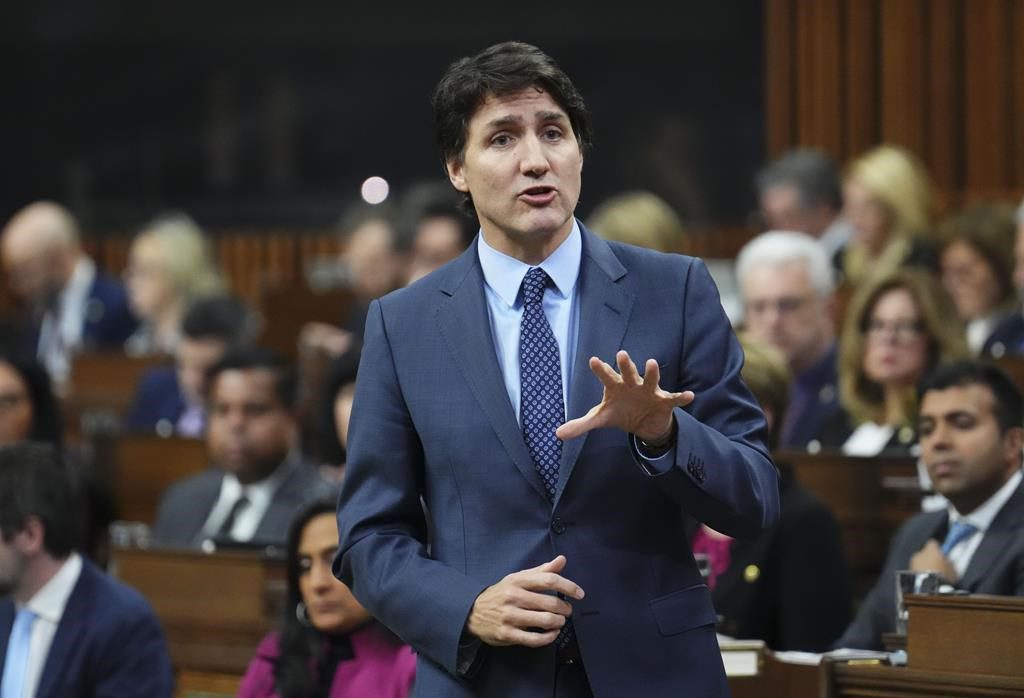
This content is restricted to subscribers
The views, opinions and positions expressed by columnists and contributors are the author’s alone. They do not inherently or expressly reflect the views, opinions and/or positions of our publication.
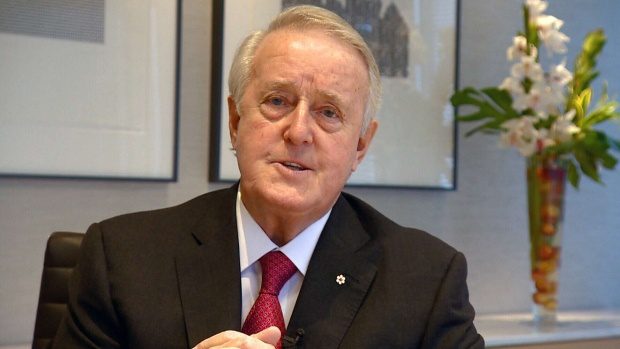
This content is restricted to subscribers
The views, opinions and positions expressed by columnists and contributors are the author’s alone. They do not inherently or expressly reflect the views, opinions and/or positions of our publication.
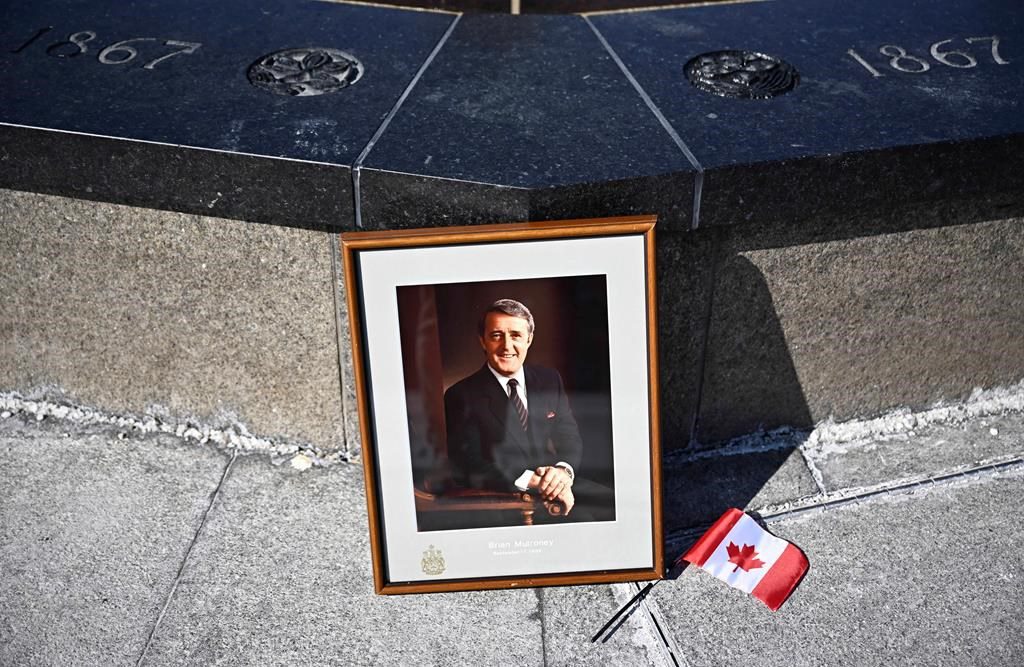
This content is restricted to subscribers
The views, opinions and positions expressed by columnists and contributors are the author’s alone. They do not inherently or expressly reflect the views, opinions and/or positions of our publication.
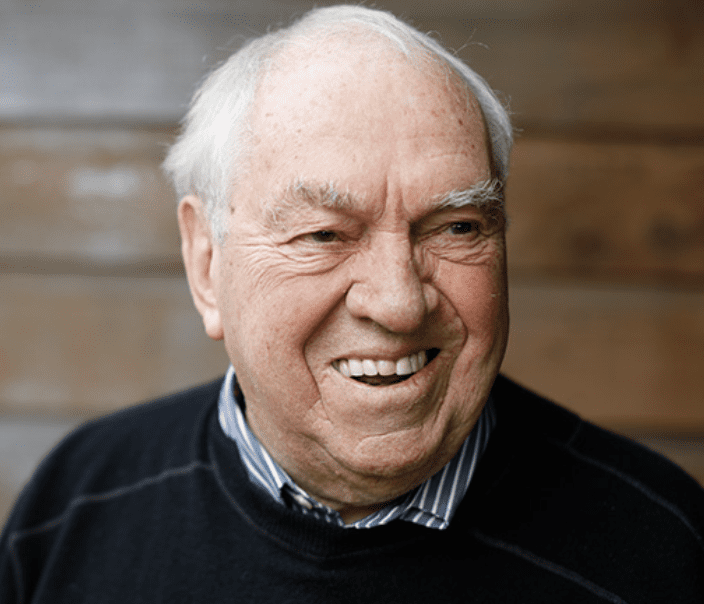
Canada, like most western democracies, used to have a gentlemanly nature of politics. hat does this mean? Our country’s political system was more dignified, well-mannered, civil and intellectually stimulating, among other things.
There would obviously be tense moments in the Parliament of yesteryear. The occasional unsavoury word, phrase or exchange would make short-term waves in the House’s hallowed halls. That being said, Canadian politics used to be a process where bipartisan legislation, bridge building and friendships across the aisle were the norm rather than the exception to the rule.
Today’s Canadian politics is very different. This doesn’t mean some party leaders, cabinet ministers, opposition MPs and backbenchers don’t fit under the old-style parameters. They most certainly do. It’s the political system that’s become more ideologically rigid, terse, uncivil and occasionally filled with rage. While you have to accept reality and work within the current parameters, it doesn’t mean you can’t think back fondly and remember what politics used to be like.
When former Liberal Prime Minister John Turner passed away, this is what I wrote in my Sept. 22, 2020 Troy Media syndicated column, “Turner’s death signals that the final days of the gentlemanly nature of politics are nearly upon us.” We’re inching closer to that fateful final day.
Another member of Canada’s gentlemanly nature of politics recently left us. Former NDP leader Ed Broadbent passed away on Jan 11 at the age of 87. There will be a state funeral in his memory on Jan. 28.
Broadbent was born in Oshawa, Ont. His father, Percy, worked for General Motors – and his mother, Mary, was a homemaker. They were both “staunch conservatives,” according to Garth Stevenson’s entry in The Canadian Encyclopedia. He chose to follow a different work and ideological path from his blue-collar parents. He earned a PhD from the University of Toronto in 1966, and became a professor at York University. His doctoral thesis focused on classical liberal philosopher John Stuart Mill, and his supervisor was renowned left-leaning political theorist C.B. Macpherson.
His first dip into the political waters occurred in 1968. He ran against Progressive Conservative MP Michael Starr in the riding of Oshawa-Whitby. He won a tight three-way race against the PC incumbent and Liberal candidate Desmond Newman, coming ahead by a mere 15 votes. He had a few more close elections, including a rematch against Starr (1972) and PC candidate Alex Sosna (1984), but never lost the seat.
Broadbent became NDP leader in 1975 by beating British Columbia MLA Rosemary Brown on the fourth ballot. He was asked to join then-Liberal Prime Minister Pierre Trudeau in a coalition government in 1980 – in spite of the fact that Trudeau had won a small majority – but declined. He finished 10 seats behind Turner in the 1984 election won by Brian Mulroney and the Progressive Conservatives, the closest he ever came to becoming Opposition leader. He was the first NDP leader to ever lead the party to first place in opinion polling in 1987. He led the NDP to one of its best electoral showings in 1988, winning 43 seats – and stepped down as party leader in 1989.
Broadbent was often called “the best Prime Minister we never had” (or something similar to this). Mulroney went as far to say in a Jan. 12 CBC interview that Broadbent was on the “right side of history” and “he’d’ve been Prime Minister had he been leading any other party.” While I don’t agree with the first point, I completely concur with the second.
After several different public roles, including vice-president of Socialist International and director of the International Centre for Human Rights and Democratic Development, Broadbent returned to political life. He beat Liberal candidate Richard Mahoney in the riding of Ottawa Centre in 2004, and served in then-NDP leader Jack Layton’s shadow cabinet. It was a short-lived stint: he opted not to run again in 2006 to take care of his ailing wife, Lucille, who died later that year.
He would then devote most of his time and energy to speaking, teaching, writing books and founding the Broadbent Institute in 2011. Long regarded as one of Canada’s most popular and personable Canadian politicians, this perception remained the same in private life.
I can certainly attest to this.
I was fortunate enough to meet Broadbent quite a few times. It was usually at a conference, book launch or some such. While we obviously had very little in common when it came to politics, he was always friendly, engaging and interesting. I would never have voted for him, but I would always break bread with him in a heartbeat.
As sad as it is to see Broadbent leave us, a few members of the gentlemanly nature of politics are still alive and kicking, thank goodness.
Mulroney is one of them. Former Liberal Prime Minister Jean Chretien is another. In fact, the little guy from Shawinigan just celebrated his 90th birthday. The highlight of the evening? A video of former Prime Minister Stephen Harper singing to him in French. (Several eyewitness accounts have confirmed this.)
If we’re respectful, friendly or cordial with our political critics and rivals, the lines of communication could remain open and intellectual discourse could thrive. Maybe this is the way to keep the gentlemanly nature of politics from dying altogether.
Michael Taube, a long-time newspaper columnist and political commentator, was a speechwriter for former Canadian prime minister Stephen Harper.
The views, opinions and positions expressed by columnists and contributors are the author’s alone. They do not inherently or expressly reflect the views, opinions and/or positions of our publication.
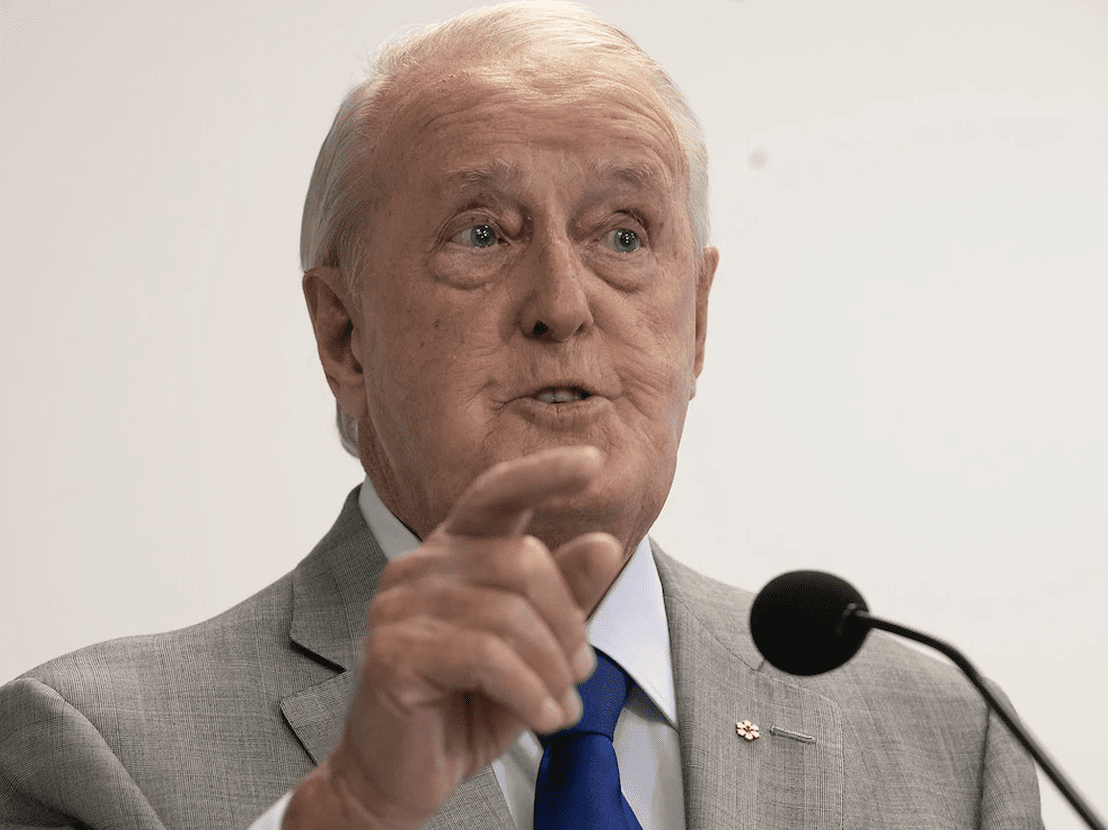
Former Canadian prime minister Brian Mulroney was honoured at the Museum of Modern Art in New York on Nov. 9. He was given the World Jewish Congress Theodor Herzl Award, joining a list of recipients that includes former U.S. president Ronald Reagan (posthumously), former U.S. Secretaries of State Colin Powell, George Shultz and Henry Kissinger, former German chancellor Angela Merkel, writer/activist Elie Wiesel and U.S. President Joe Biden.
Mulroney’s speech that evening was superbly crafted. I’m sure it was delivered with the eloquence we’ve come to expect from one of the finest orators ever to lead our country.
A few paragraphs deserve to be highlighted that focus on the Israel-Hamas war and the scourge of anti-semitism. These are important issues due to the times we live in. The former PM has also strongly and passionately opposed this type of racist behaviour for his entire life, which means it’s a matter of personal importance.
“Hamas knew full well the reaction its murderous rampage against innocents would provoke,” Mulroney said. “They knew and didn’t care. Indeed, it is the reaction they sought. They chose to put the lives of the two million people of Gaza they claim to defend in mortal danger in a deliberate, nihilistic attempt to set the Middle East on fire.”
The reasons for this attack “was not to increase the likelihood of a Palestinian state” and “was not to improve the lives of the people of Gaza,” the former PM told the audience. “These are terrorists in the purest sense of the word for whom the senseless violent act satisfies the strategic objective, killing Jews. Hamas knew something else. They knew they could count on a legion of apologists who, while decrying attacks on Jews here at home, are prepared to accept attacks on Jews in Israel as deserved.”
In Mulroney’s view, “contemporary antisemitism has added the State of Israel to its list of targets. Israel has become the new Jew. Stripped of its intellectual pretensions, of the cloak of human rights, these ritual denunciations of Israel with which we have become all too familiar are a pernicious form of racism.”
There was also this powerful paragraph near the end. “Antisemitism, born in ignorance and nurtured in envy is the stepchild of delusion and evil and is a scourge that must be eradicated. It will not be stamped out in my lifetime, nor in the lifetime of my children, or even, sadly, in that of my grandchildren.”
Well said and articulated.
Mulroney’s commendable opposition to antisemitism was detailed in Donald E. Abelson and Monda Halpern’s “On the Right Side of History”: Brian Mulroney’s Enduring Battle Against Antisemitism, published by the Brian Mulroney Institute of Government at St. Francis Xavier University. I wrote about this paper in a Troy Media syndicated column in January, but it’s worth a second examination.
Mulroney was born in Baie-Comeau, Quebec. It’s a “small pulp and paper mill town that had no Jews.” The first Jewish person he would meet, the “son of a local clothier,” occurred at St. Thomas High School in Chatham, New Brunswick.
Abelson and Halpern provided three reasons why Mulroney has strongly opposed anti-semitism in his lifetime. They’re as follows: “his exposure to social justice issues while a student at St. Francis Xavier University (StFX), his years in Montréal in the 1960s, and his intense appreciation for the lessons of the past which inspired his consistent resolve to be ‘on the right side of history.’”
Mulroney has also been frustrated at the hostility against Jews in and around our country. He firmly believes “Canada’s collective shame rests largely in the treatment of the Jews by the Mackenzie King government,” and has always “looked to the lessons of the Holocaust as inspiration for helping to redress other injustices.”
Some critics may feel that Mulroney’s support of Jews and Israel has been politically motivated. Nothing could be further from the truth.
“With Jews representing less than two per cent of Canada’s electorate, Mulroney had little to gain politically by garnering favour with the Jewish community,” the authors correctly pointed out. Rather, he was “fulfilling an ethical imperative – pushing for Jews in federal politics and diplomatic posts, establishing the Deschênes Commission, and supporting the existence and self-preservation of Israel.”
The proof is in the pudding, as the old saying goes.
Three of his chiefs of staff were Jewish – Stanley Hartt, Norman Spector and Hugh Segal. Spector would also be named Canada’s first Jewish Ambassador to Israel, and Conservative Mira Spivak would become Canada’s first Jewish female Senator. Former Ontario NDP leader Stephen Lewis became Canadian ambassador to the United Nations, Liberal Senator David Croll, who Mulroney believed was consistently passed over for a cabinet position “for no apparent reason at the time other than his Jewishness,” was appointed to the Queen’s Privy Council.
I’ve known Mulroney for years. His opposition to antisemitism, support of Israel’s right to defend itself and friendship with the Canadian Jewish community is genuine and has never wavered one iota. He, along with several other former Canadian prime ministers – including my old friend and boss, Stephen Harper – have consistently defended Jews and Israel in both public and private life.
That’s why Mulroney deserves not only the Theodor Herzl Award, but our thanks for being a beacon of light during this difficult time for our country and world.
Michael Taube, a long-time newspaper columnist and political commentator, was a speechwriter for former Canadian prime minister Stephen Harper.
The views, opinions and positions expressed by columnists and contributors are the author’s alone. They do not inherently or expressly reflect the views, opinions and/or positions of our publication.

This content is restricted to subscribers
The views, opinions and positions expressed by columnists and contributors are the author’s alone. They do not inherently or expressly reflect the views, opinions and/or positions of our publication.

Well, it’s that magical time of year again, when we all hunker down in our homes in the face of yet another December COVID onslaught.
True this is somewhat depressing, but on the plus side the isolation gives us an opportunity to ponder things.
For example, right now, in the wake of Erin O’Toole’s disappointing showing, I’m pondering what it would take to create the perfect Conservative leader.
Yes, I know, this is a total waste of time, but hey, it’s a fun holiday exercise.
And right now, with everything that’s going on in the world, we need all the fun we can get, right?
So, let’s begin the frivolity.
First off, I’d argue the perfect Conservative leader would need a strong dose of former Prime Minister Stephen Harper’s sense of gravitas.
I say that because Harper’s strength as a politician was that he exuded seriousness; he actually had deep intellectual thoughts and was therefore able to offer leadership that went beyond vapid superficial glitz.
I mean, admit it, wouldn’t it be nice to have a political leader again who actually came across as an adult?
Of course, to complement his (or her) seriousness a perfect Conservative leader would also need to manifest former US President Ronald Reagan’s geniality.
Indeed, one chief reason for Reagan’s political success was that people tended to like him and people who liked him also tended to vote for him.
In short, likeability works.
Hence, the perfect Conservative leader would be somber, yet likeable.
Plus, in order to ensure he (or she) got a good hearing in Quebec, the perfect Conservative leader would also have to possess former Conservative Prime Minister Brian Mulroney’s fluency in French.
As a native Quebecor, Mulroney could speak the lingo with more authenticity than any leader who learned the language in French immersion classes.
Besides, as someone whose name escapes me once put it, “immersing yourself in the French language for more than five minutes can be fatal.”
At any rate, another quality a perfect Conservative leader would need in my opinion is the ability to brawl.
After all, politics is a blood sport and if you can’t duke it out in the political arena, odds are good, you’re going to lose.
Just ask Andrew Scheer or Erin O’Toole.
That’s why my perfect Conservative leader would also be imbued with former US President Donald Trump’s willingness to give as good as he got.
As a matter of fact, Trump is a master at concocting what American cartoonist Scott Adams called “linguistic kill shots.”
For example, in 2016 Trump brilliantly dubbed his Democratic opponent Hillary Clinton as “Crooked Hillary”.
Sure, it’s not exactly Disraelian-style rhetoric, but it’s effective.
And finally, my perfect Conservative leader would also have a strong commitment to a true conservative ideology, that’s to say a doctrine that stood for “more freedom”, “less government” and “free market” economics.
For this, he (or she) would have to be blessed with former British Prime Minister Margaret Thatcher’s personal courage and steely determination.
Recall, for example, how in 1980, when she was being urged by powerful voices to abandon her pro-free market agenda, Thatcher famously declared, “To those waiting with bated breath for that favorite media catchphrase, the ‘U-turn’, I have only one thing to say: You turn if you want to. The lady’s not for turning!”
In other words, just like the “Iron lady”, a perfect Conservative leader would bravely stick by his (or her) principles even if the political situation got rough.
So, there it is, that’s my recipe for a perfect Conservative leader.
Mind you, I’m under no illusions that the media would share my view.
In fact, if my perfect Conservative leader actually existed in reality, I’m certain the Canadian media would hate him (or her) with a red-hot intensity.
But then again, unlike the people who currently run the Conservative Party, pandering to the media’s prejudices is not my top priority.
The views, opinions and positions expressed by columnists and contributors are the author’s alone. They do not inherently or expressly reflect the views, opinions and/or positions of our publication.
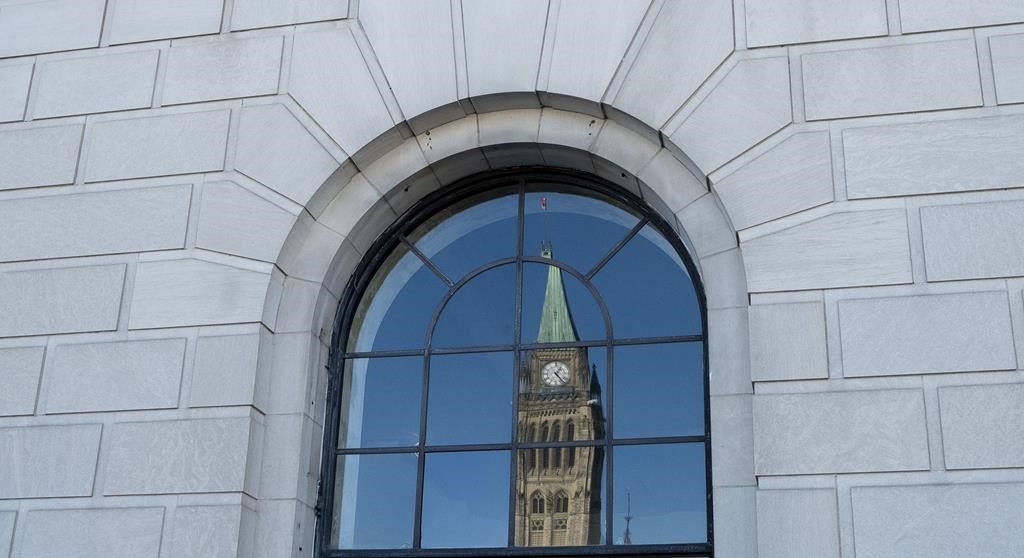
Several of Canada’s political leaders will have participated in three election debates by week’s end. While leaders’ debates often make great political theatre, don’t expect them to move the political needle.
Columnists and political commentators, including me, have articulated this position time and time again. Nevertheless, the mainstream media keeps hoping (and praying) for a mythical knockout blow to land out of thin air. Then, and only then, will the powerful winds of political change magically appear in the dark, ominous sky – and the election that we once knew could become the election result we never expected to happen.
Thanks for staying with me, folks. My (hopefully) delightful allegory is done!
All kidding aside, there are many reasons why columnists, pundits, radio/TV hosts, media moguls and others want leaders’ debates to mean something. Ratings, for one thing. Publication sales. Keeping audiences engaged. Element of surprise. Adding a level of excitement to a seemingly straightforward affair. Showing every election contains twists and turns. Why votes matter. The unknown factor.
You get the idea.
Here’s the problem. The structure of a Canadian leaders’ debate in French and English has been scripted to the point where there’s virtually no meat left on the bone. Almost every concept, angle, idea, approach, segue, line of attack and turn of phrase has been dealt with before the party leaders ever step foot on stage.
How?
Political parties engage in what’s known as debate prep (or preparation). Experienced politicos, senior staffers and a range of other intelligent, knowledgeable individuals conduct faux debates with party leaders to prepare them for just about anything under the sun. If a leader handles a topic properly, he or she will follow that script to the letter. If a leader botches up something or heads down the wrong path, he or she will go back with the debate prep team, fix it and ensure it never happens again. If a leader makes a good line or comeback, it will be put in the notes and/or file folder for potential use.
Can a slip up occur? Absolutely, and it’s happened before.
The classic example occurred during the 1984 English-language debate between Liberal Prime Minister John Turner, Progressive Conservative leader Brian Mulroney and NDP leader Ed Broadbent. The discussion had turned to patronage appointments for a spell. Turner attempted to go after Mulroney by comparing the federal PC patronage system to the old, right-leaning Union Nationale in Quebec. Mulroney expertly shifted the narrative to a series of Liberal patronage appointments that had occurred shortly before the election writ had dropped. When the PC leader insisted the PM should apologize for making “these horrible appointments,” the latter retorted with this short line, “I had no option.”
It was an opening in a political debate that had so much room, the wind was actually howling.
Mulroney then launched into this mesmerizing moment, “You had an option, sir. You could have said, ‘I am not going to do it. This is wrong for Canada, and I am not going to ask Canadians to pay the price.’ You had an option, sir – to say ‘no’ – and you chose to say ‘yes’ to the old attitudes and the old stories of the Liberal Party. That sir, if I may say respectfully, that is not good enough for Canadians.”
What did a clearly flustered Turner do? He simply repeated, “I had no option.” Mulroney, sensing victory, pounced on his weakened political opponent and said, “That is an avowal of failure! That is a confession of non-leadership. And this country needs leadership. You had an option, sir. You could have done better.”
It was a knockout blow that helped turn a small PC lead at the time into the biggest majority government in Canadian history. But it was a knockout blow that had never been previously witnessed during a leaders’ debate, and has never been seen to this day.
TVA’s Sept. 2 French-language debate in Montreal didn’t have anything close to this. Liberal Prime Minister Justin Trudeau Trudeau came out swinging on COVID-19 and mandatory vaccines. BQ leader Yves-François Blanchet looked smooth from start to finish. NDP leader Jagmeet Singh simply did what he had to do. Conservative leader Erin O’Toole more than held his own, and protected his lead in the polls.
No knockouts, no big moments. The political needle didn’t move a fraction of an inch, regardless of what some Liberal talking heads and party boosters said that evening.
The two remaining leaders’ debates on Sept. 8 (French) and Sept. 9 (English), which will both be held in Gatineau’s Canadian Museum of History and include Green Party leader Annamie Paul, will likely follow a similar script. There will be a few brief tête-à-tête encounters, a few zingers from party leaders against one another that leave small bruises, and a little bit of chaos to make things interesting. To expect anything else in this day and age of political debating would be nothing short of miraculous.
For political observers and political junkies, it will be a fun couple of nights of watching a purely theatrical performance that’s scripted and staged from A to Z. While the leaders’ debates are important for Canada’s democratic process, they rarely change most hearts and minds at the ballot boxes.
Michael Taube, a long-time newspaper columnist and political commentator, was a speechwriter for former Canadian prime minister Stephen Harper.
The views, opinions and positions expressed by columnists and contributors are the author’s alone. They do not inherently or expressly reflect the views, opinions and/or positions of our publication.